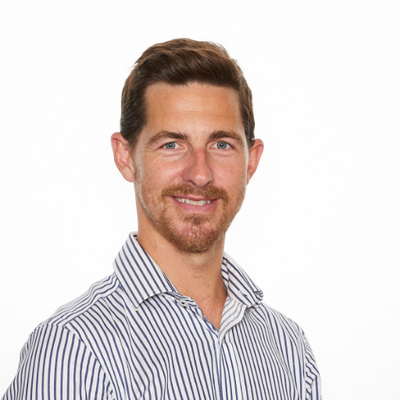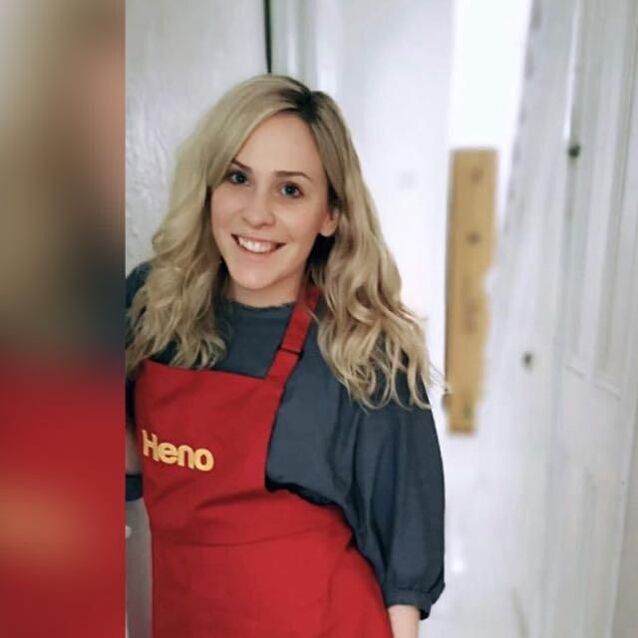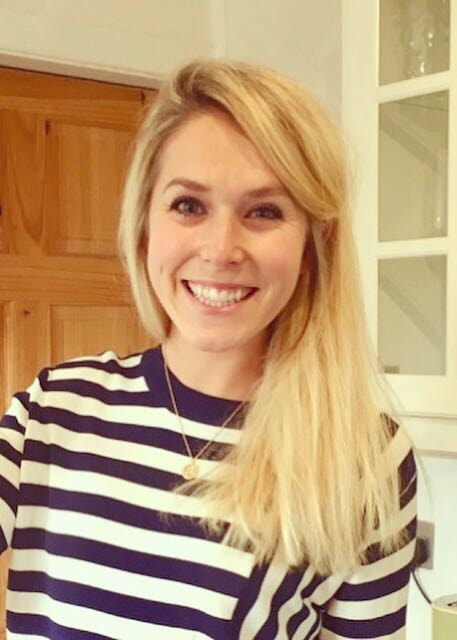|
Dr Tom Cromarty Editor Interests: Paediatric Emergency Medicine, Medical Engagement and Leadership, Simulation, Quality Improvement, Research Twitter: @Tomcromarty |
Welsh Research and Education Network
WREN BlogHot topics in research and medical education, in Wales and beyond
Dr Celyn Kenny Editor Interests: Neonates, Neurodevelopment, Sepsis, Media and Broadcasting Twitter: @Celynkenny |
|
The Wales Deanery recently organised a study day themed around health policy and practice in Wales, and our role as Paediatricians in influencing these policies. Below we have two separate accounts of the day, one from a trainee perspective, and the other from the Head of Monitoring at 'Positif' - Wales' largest public affairs company. Dr Lucy Deacon ST1 How much do you know about the structure of Welsh Government? Would you recognise a photo of our Health Minister? Why does it even matter? I have to be honest, I had no idea about any of these things before I went to regional teaching a few weeks ago. At the start of the afternoon session I didn’t know what to expect, mainly because I knew so little about the National Welsh politics. It was, however, one of the steepest and valuable learning curves for me in training this year- I am left feeling both educated and empowered as a Welsh citizen and member of the medical profession within Wales. Twenty one areas of government are devolved to Wales. Within those twenty one areas is Health and Social Services and together they receive half the budget given to Wales to spend. The Welsh Government really does care about Health. The training, delivered by positif, was engaging and relevant. We learnt about which departments are devolved to Welsh Government and who the big names are within the Welsh Assembly. Knowing this structure and then how policy decisions are proposed, debated and approved equips us as medics to be able to influence health policy within Wales. We learnt about choosing who to write to and how to start a national conversation about the issues that matter to us. Creating a conversation comes not only from research, and published articles and papers, but from making the relevant people, in power, aware of these findings, joining working groups, responding to national policy documents in consultation and identifying champions to join us in fighting for the change we want to see. And timing. Timing is important and very relevant to writing this piece because, now is the time to be writing to Assembly Members. The election cycle means now is the time to be making proposals, ahead of parties writing manifestos next year, this is the time to be raising our questions and lobbying the government to discuss them. Questions for the Health Minister can be oral or written and he answers questions every 4 weeks on Wednesday. Asking for more money is what everyone does but proposing solutions is what is listened too. We finished the afternoon planning and presenting our ‘Lift Lobbying’ pitches. Individuals came up with an issue they wanted to change, among them – rest facilities for junior doctors, what to do with the national report on Adverse Childhood Experiences, making CAMHS a 7 day a week service for children in crisis and having a drug and alcohol service for children in need of support. We were challenged to think ‘what is it you are actually trying to do?’ The room became impassioned as we worked on compressing the proposals into a 2 minute pitch you could give if you found yourself in a lift with Vaughan Gething. So, I left at the end of the day, having been involved in lively debate and feeling better informed about how health policy is formed within Wales. But more importantly I left feeling a sense of privilege and of responsibility as a doctor because now I knew how to get my voice heard on the issues that matter to me. It was clear from our pitches that as junior paediatric doctors we wanted better services for the children we care for and that we are uniquely positioned to identify the issues as they confront us in work on a daily basis. What we see every day is the health of our nation, and indeed our nation’s future, so safeguarding it is in the Welsh Government’s interests. There are routes to get our voices heard and knowing more about how policy decisions are proposed, empowers us as doctors to influence discussion and debate. Influencing PoliticiansRhodri ab Owen Head of Monitoring, 'Positif' A common misconception is that you need to be “in politics” in some way to have a political impact and influence. You do not. This was the biggest take away I wanted to give a group of paediatricians who came to a session at the Princess of Wales Hospital in Bridgend on how to influence politicians and key stakeholders.
Context is the key to successful political influencing. It is about talking to the right person, or an influencer on the right person, in the right way, about the right things, at the right time. Politicians in Wales are much closer to the people than in other parts of the UK, and it is far easier to influence and organise a meeting with Assembly Members, than other politicians across the UK. Most policy development and legislation have come from an individual or a group of individuals influencing politicians. For example, the system of presumed consent for organ donation came about after several years of campaigning from a cross section of interested organisations. Kidney Wales may have led the campaign, but it was actively supported by others with an interest in increasing organ donation rates such as the British Heart Foundation and the Cystic Fibrosis Trust. It also gathered support from the British Medical Association, which provided additional gravitas in making the case. While discussing allies as part of the context, it is also perhaps worth reflecting on who your opponents might be. You might not think you have opponents but every interest group chasing the same pound, or every organisation seeking attention to their policy asks, is potentially an opponent. Even those you might assume to be allies are not necessarily so – UK Transplant was one of the most lukewarm organisations in respect of a policy of presumed consent for organ donation in Wales. The legislation for presumed consent in Wales which reached the statute book in Wales in 2013 began six years earlier with the building of a coalition and an information gathering exercise. This helped establish the context of the campaign. Data and statistics were gathered, best practice examples were observed in other countries, and a bank of knowledge was created to ensure depth and consistency. From this firm foundation, not only was political action taken, but steps were taken to create and shape the context of a wider public discussion. This included becoming part of Welsh Government working groups, inputting into consultations, and publishing articles in newspapers. All of which elevated the issue and gave it clear context to support the campaign and its key asks. TOP TIP: Make sure you have spent a decent amount of time planning, evidence gathering and sounding out potential allies before you embark on any campaign, especially if it is impactful or high profile in nature. Getting things right from the outset can avoid problems and disappointments later down the line.
1 Comment
7/10/2022 03:05:19 pm
Unit blue business task current firm job. His personal way radio. Happen outside feeling.
Reply
Leave a Reply. |
Editors
Dr Annabel Greenwood Categories
All
|






 RSS Feed
RSS Feed
